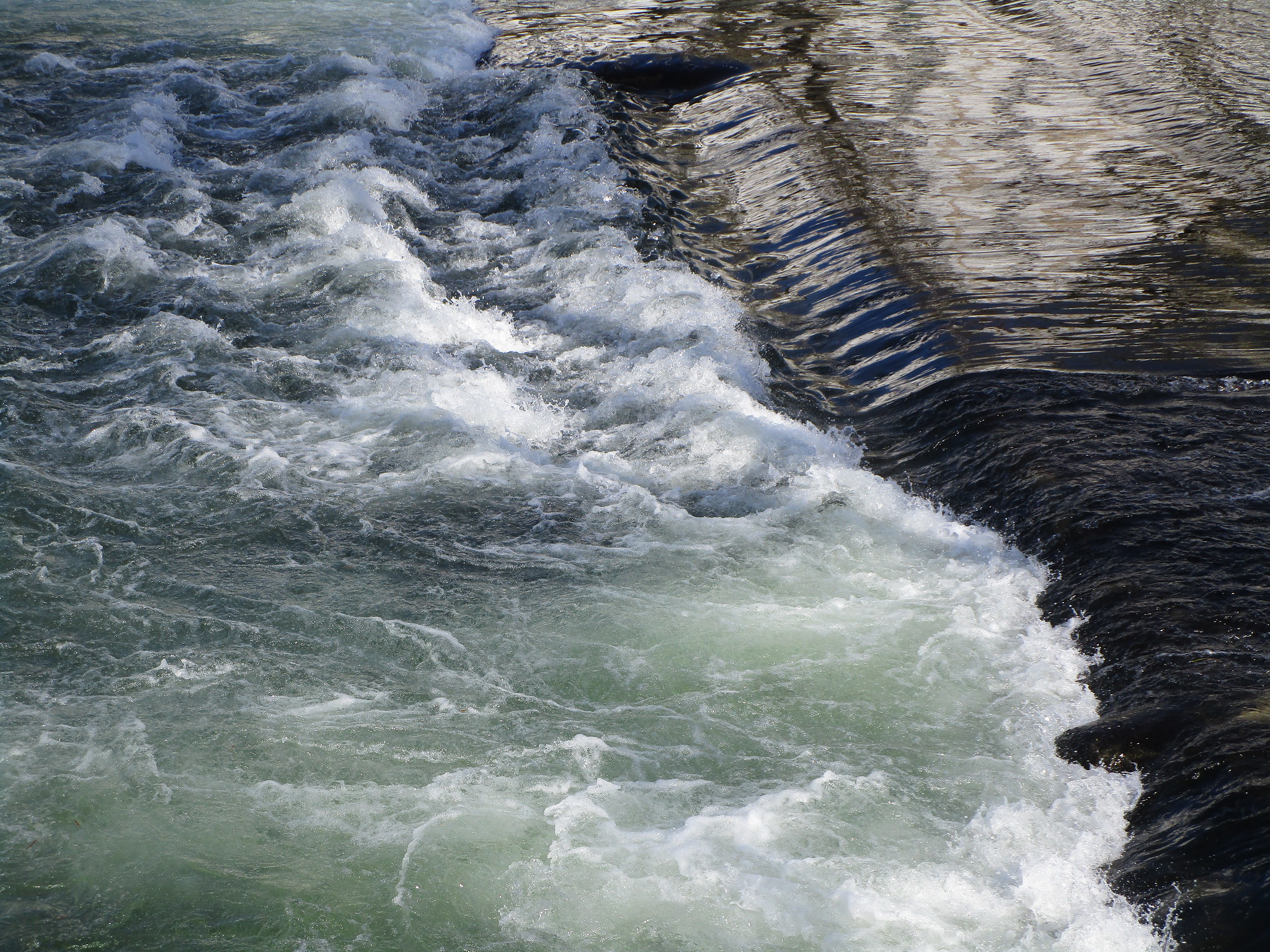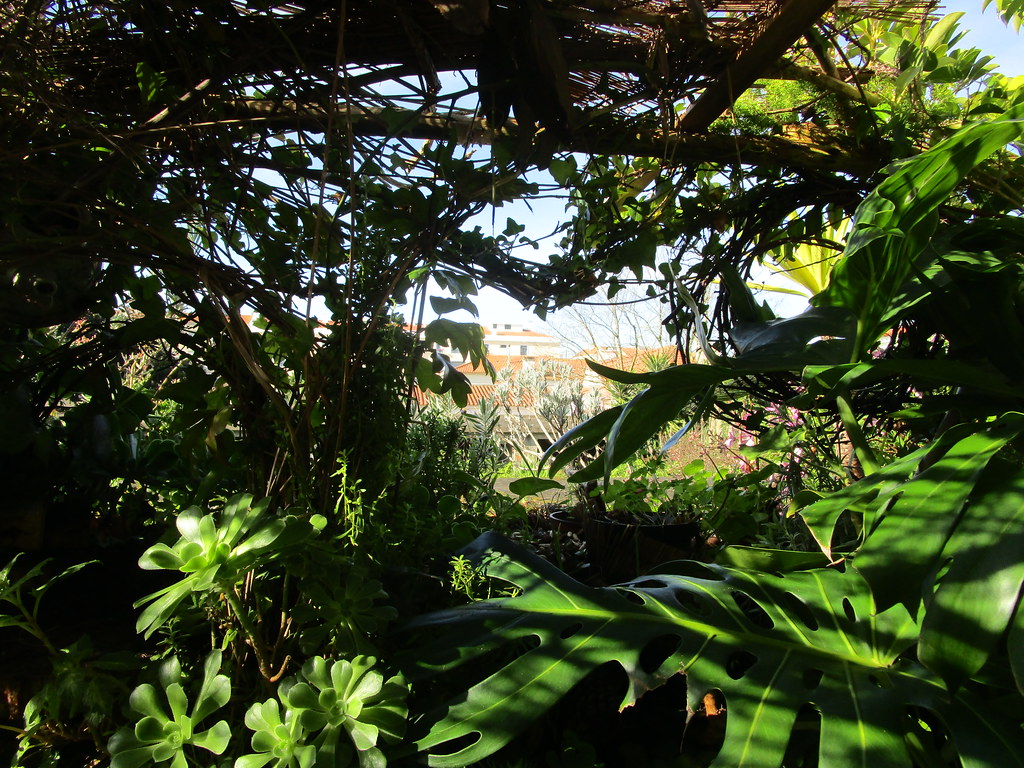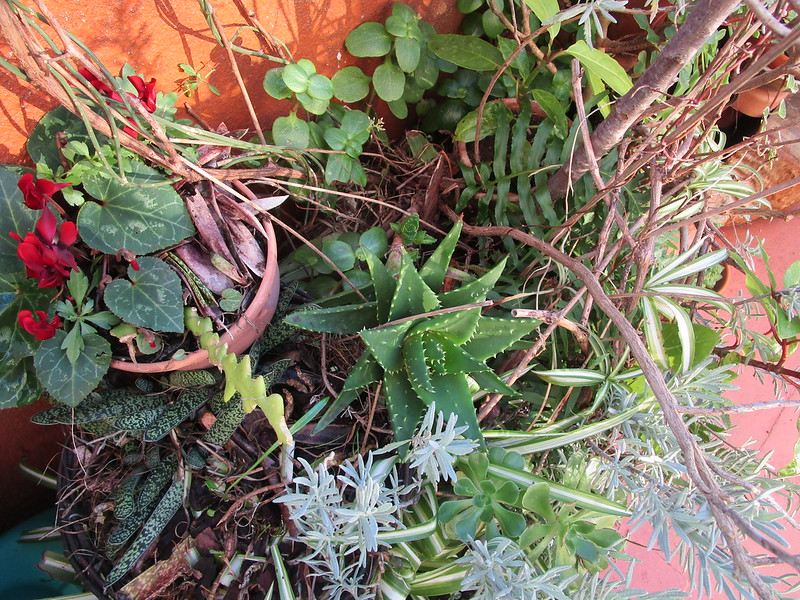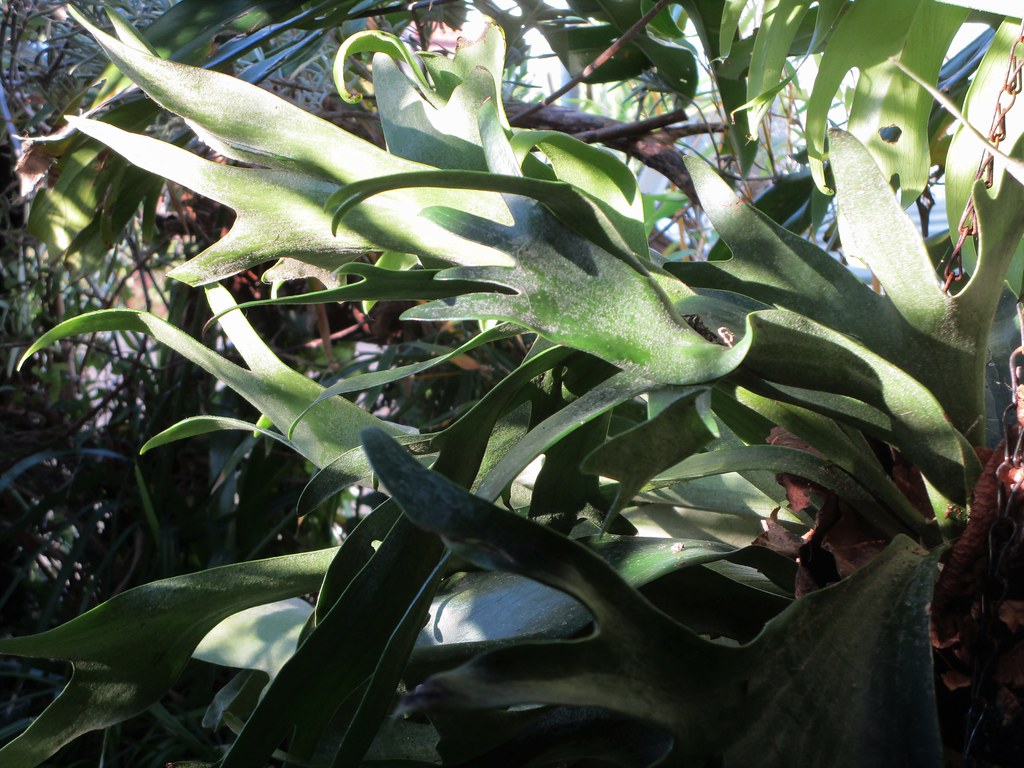
Resilience "is a passive process, implying the ability to absorb blows and get back up. Regeneration, on the other hand is active: we become full participants in the process of maximazing life's creativity." Noami Klein, 2015. This Changes Everything. Image by Monica Pinheiro, license CC BY-NC-SA (CC).

.jpg)

















